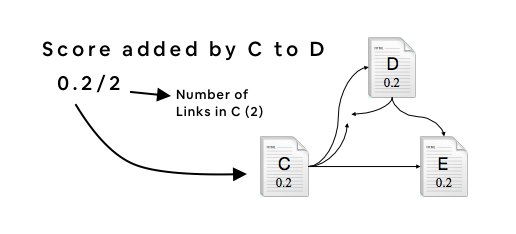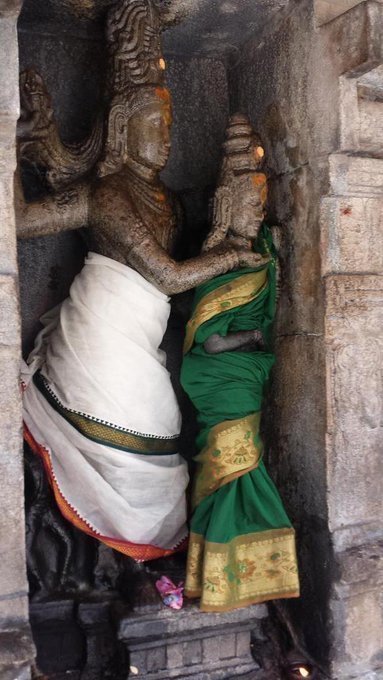I asked Wharton students what they thought the average American worker makes per year and 25% of them thought it was over six figures. One of them thought it was $800k. Really not sure what to make of this (The real number is $45k)
More from Categorypdfmakerapp grab thisreadwiseio save thread
I’ve hesitated to use the term “treason,” but @JoeNBC is using it exactly as the Constitution defines it in Article III, Clause 1:
“Treason against the United States, shall consist only in levying War against them . . .”
The insurrection levied War against the United States.
“Treason against the United States, shall consist only in levying War against them . . .”
The insurrection levied War against the United States.
.@joenbc: "It's treason. Donald Trump committed treason against the United States of America. And if you're wondering what January 6th is about, it's about treason." https://t.co/TzRxk1QtZw pic.twitter.com/YDhVApBaZp
— MSNBC (@MSNBC) July 12, 2022























